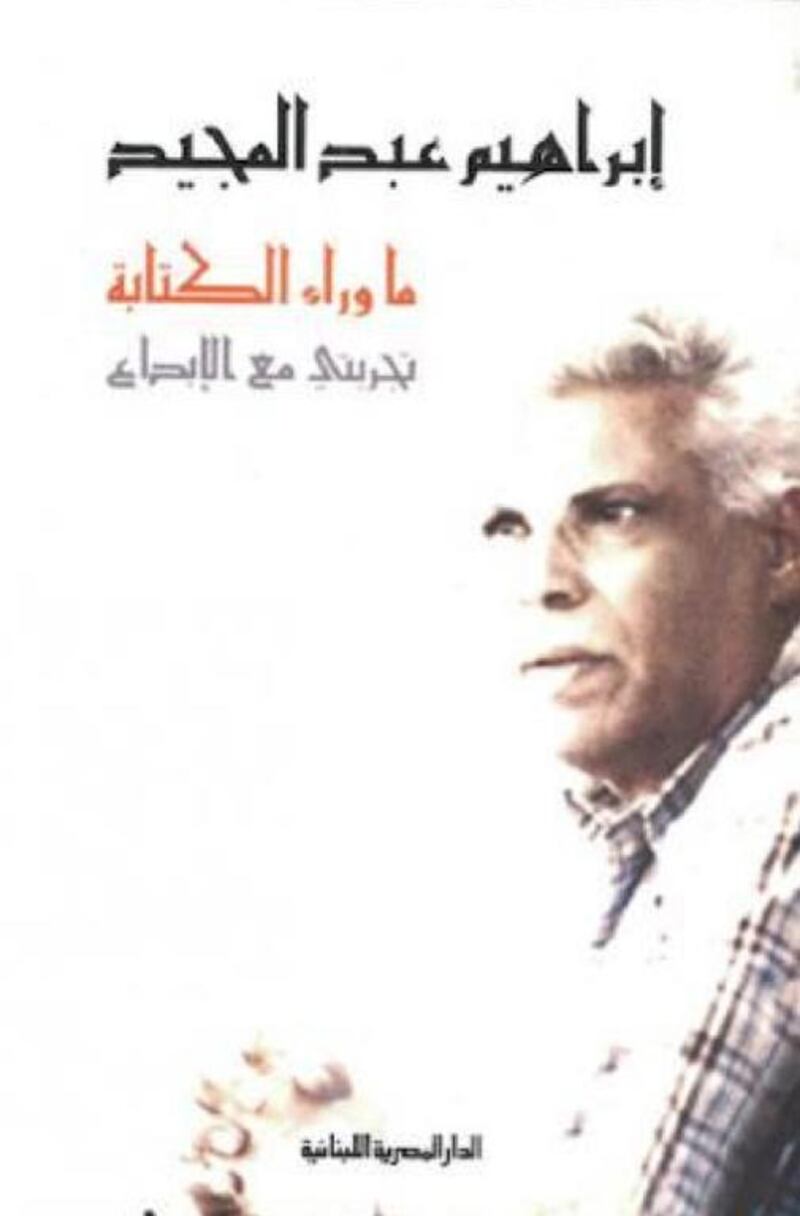Where does the importance of writing about writing originate? This interesting question continues to attract not only writers and critics but also readers at large.
In a recent gathering, which included a prize-winning novelist, academics, accomplished journalists, columnists and a poet, the answer to the question became clear. The focus of the meeting was the underlying creative process.
No sooner had the discussion kicked off, than the gathering grew increasingly polarised, with one camp favouring a disciplined, sober and hardworking approach – let’s call it Apollonian (to invoke the famous dichotomy voiced by Nietzsche). The other side, the Dionysian camp, championed a more passionate frame of mind that favours a rather intuitive, ecstatic, mystical and even a chaotic creative approach to writing.
It was an exciting moment this year when the Sheikh Zayed Book Award in literature went to a work focusing on issues of writing and its underlying creative processes. The award given to renowned novelist Ibrahim Abdel Meguid’s book Beyond Writing (Ma Wara’a Al Kitaba) is certainly welcome.
Other book award choices this year point to a strong interest in understanding the role of literature, as seen in two awards granted to works on Arab literary criticism, and the translation award given to a book on the meaning of meaning.
As confessed by Abdel Meguid, Beyond Writing’s purpose is to present “the reasons that led to or caused the writing of this story or that poem, how a writer writes it, and what is the mental and practical effort that he or she exhorts to bring out in the end this story in the way it did”. The 307-page book is divided into sections, covering the beginnings, writing about Alexandria, Cairo and other themes, and finally a section on writing short stories.
The book excavates the writer’s personal archaeology, the development of ideas, the writer’s personal creative preferences and intersects between the autobiographical, the mundane and the intellectual.
One of the central themes the first section engages with is the internal conflict between the political and literary inside Abdel Meguid. The author is a Marxist committed to social causes and walks us through how he came to the conclusion that he made the right decision, and that “it is difficult for an artist to be organised in politics”.
This section includes important notes on his feelings of alienation and deprivation, and how this was mirrored in his writing. It also discusses the actual creative process.
If Naguib Mahfouz is the quintessential writer about Cairo, as Abdel Meguid suggests, then the latter is arguably the quintessential writer about Alexandria.
In the second section, which is arguably the most important, our author is self-described as a “place-focused”novelist.
We see this in No One Sleeps in Alexandria, his exploration of the magical city, in which he depicts a cosmopolitan and pluralistic Alexandria waking up to the agonies of the Second World War. This awakening culminates in sectarianism and social unrest. In the second and third novels comprising the trilogy: Birds of Amber and Alexandria in A Cloud (translation forthcoming), we see the process of “Egyptianisation” replacing Mediterranean cosmopolitanism. This is carried out by the hands of the state security apparatus and its alliance with religious conservatism, in order to clamp down on the leftists. Not only do the expatriates leave, but so does the historical magic and tolerance of the metropolis disappear.
The section in Cairo shows how tragic incidents in the author’s life, his observations during his walks with friends, and his days oscilating between joy and sadness snake their way into his writing process.
The last section touches upon the differences between novel and short-story writing; where he seeks to express much more condensed, not fully uttered, meanings. Here he expresses an undeniable influence of Egypt’s ultimate Dionysian writer, Yusuf Idris.
The book does not fail to enthral the reader with both Abdel Meguid’s capable storytelling and fluidity. It also sheds light on the untold or “under-told” elements of the creative process.
Tarek Ghanem is a writer and editor in Egypt





